Achieving 700-bar hydrogen compression is essential for modern fuel cell vehicles—but only oil-free hydrogen compressors can deliver the necessary purity, reliability, and safety. Let’s explore what sets them apart and why they’re the backbone of high-pressure hydrogen refueling systems.
1. Guaranteed Purity – No Oil Contamination
Hydrogen fuel cells are extremely sensitive to contaminants. Oil residue as low as parts per million can damage stacks or destroy downstream systems. Oil-free compressors—whether diaphragm, dry-piston, or ionic-liquid—eliminate lubrication and prevent any oil carryover, ensuring hydrogen remains ultra-pure .
 2. Engineered for Extreme Pressure
2. Engineered for Extreme Pressure
Reaching 700 bar requires compressors built to handle extreme pressures. Oil-free reciprocating piston and diaphragm compressors offer multi-stage compression capable of delivering this level safely and efficiently. Diaphragm variants, for example, can reach 700 bar with fewer stages and higher compression ratios .
3. Advanced Seal Design to Prevent Leaks
At 700 bar, even microscopic leaks are unacceptable. Oil-free systems employ dry gas seals, diaphragm barriers, or ionic-liquid pistons to maintain integrity and withstand hydrogen’s small molecular size .
4. Safety Under High Sonic Speed & Embrittlement Conditions
Hydrogen’s low molecular weight results in higher sonic speeds and pulsation effects—more so at 700 bar . Additionally, materials are engineered to resist hydrogen embrittlement, ensuring long-term integrity and safe operation.
5. Optimized for Fueling Station Demand
700-bar fueling requires filling vehicles rapidly under SAE J2601 specifications. Oil-free compressors provide the necessary consistency and flow for fast, safe refueling cycles, with cascade buffer systems upstream of dispensers .
⚙️ Real-World Technologies at a Glance
-
Oil-Free Piston Compressors: Proven multi-stage systems, scalable to 700 bar (>350 bar inlet); ideal for large stations .
-
Metal Diaphragm Compressors: Capable of single or two-stage compression to 700 bar, with leak-free diaphragms; widely used in H2 fueling .
-
Ionic‑Liquid Compressors: Compact, few moving parts, built for oil-free compression with reduced maintenance—designed for high-volume stations (≤700 bar).
✅ Key Benefits of Oil-Free Systems
| Benefit | Why It Matters |
|---|---|
| Ultra-High Purity | Protects fuel cell stacks and infrastructure |
| High Pressure Capability | Meets SAE J2601 700 bar refueling standards |
| Leak-Proof Integrity | High-pressure safety and compliance |
| Lower Maintenance | No filter/oil changes, reduced service intervals |
| Durability & Safety | Hardened materials, embrittlement resistance |
If your hydrogen station must support 700-bar fueling, oil-free hydrogen compressors are not optional—they’re required. With advanced sealing, pressure capability, and contamination-free design, they deliver safe, reliable, and efficient high-pressure refueling.
Partnering with experts like KEEPWIN ensures you get systems engineered for purity, longevity, and performance in next-generation hydrogen infrastructure.
👉 Ready to discuss compressor selection or station design? Let’s connect!

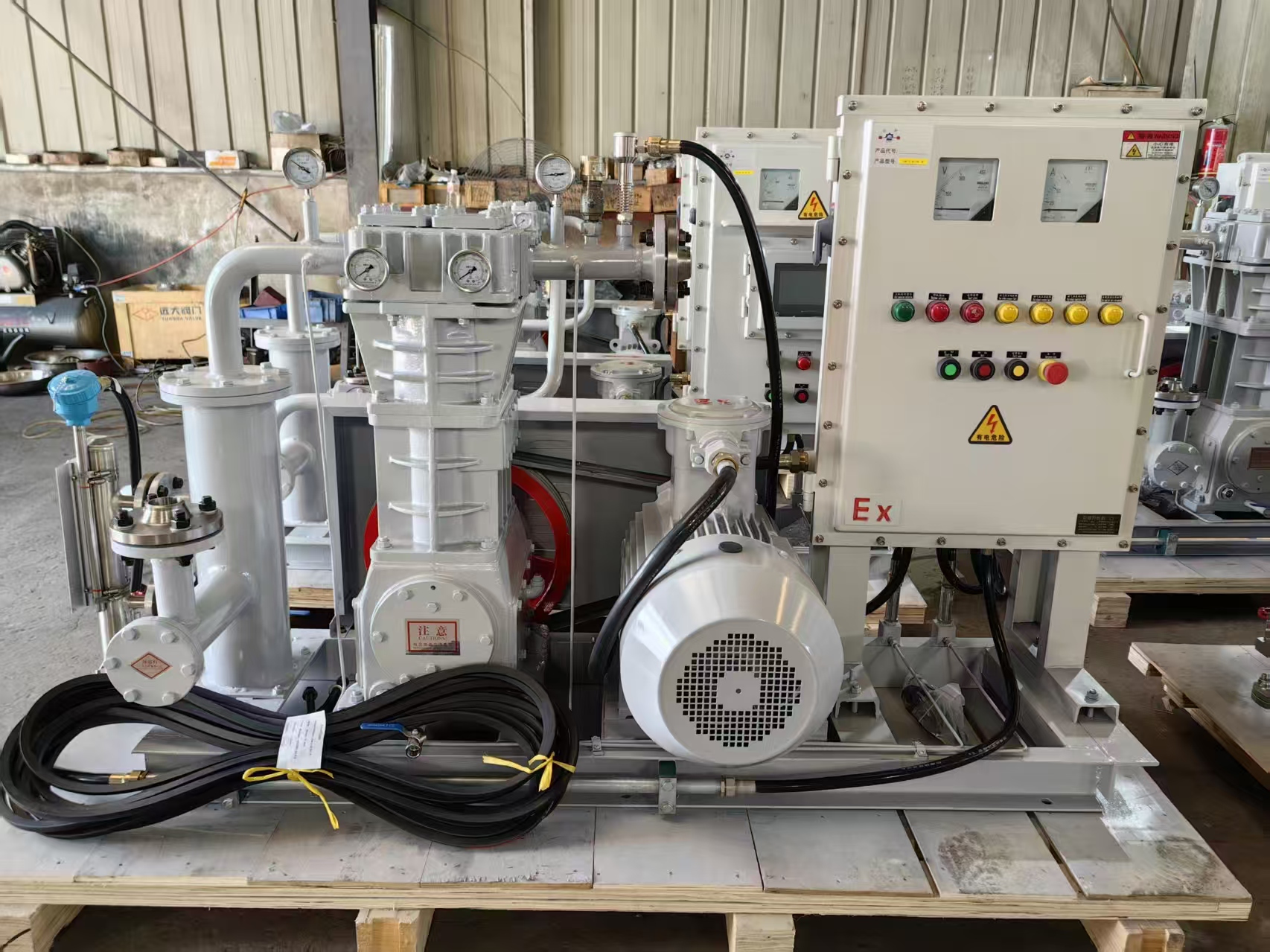
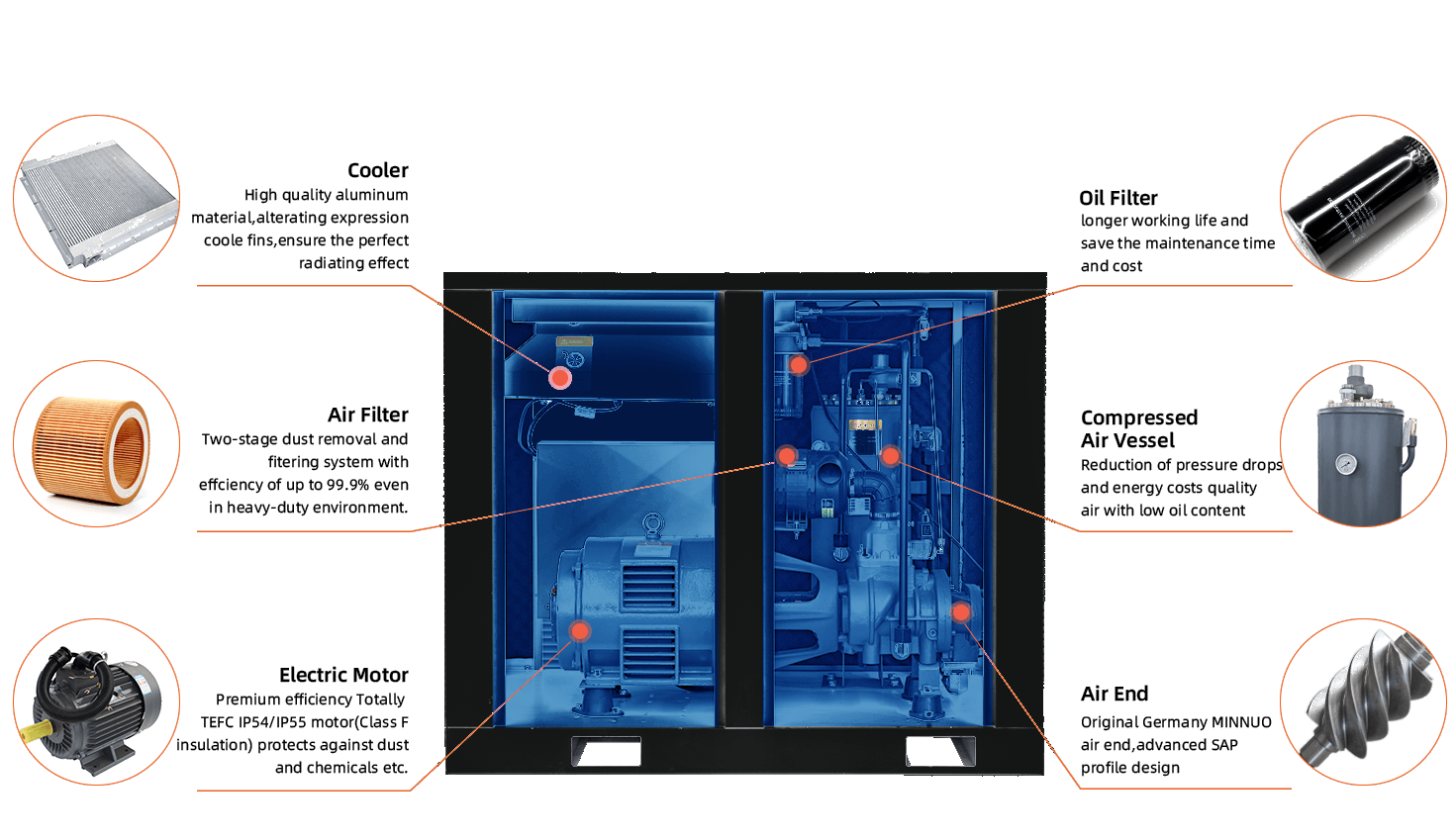
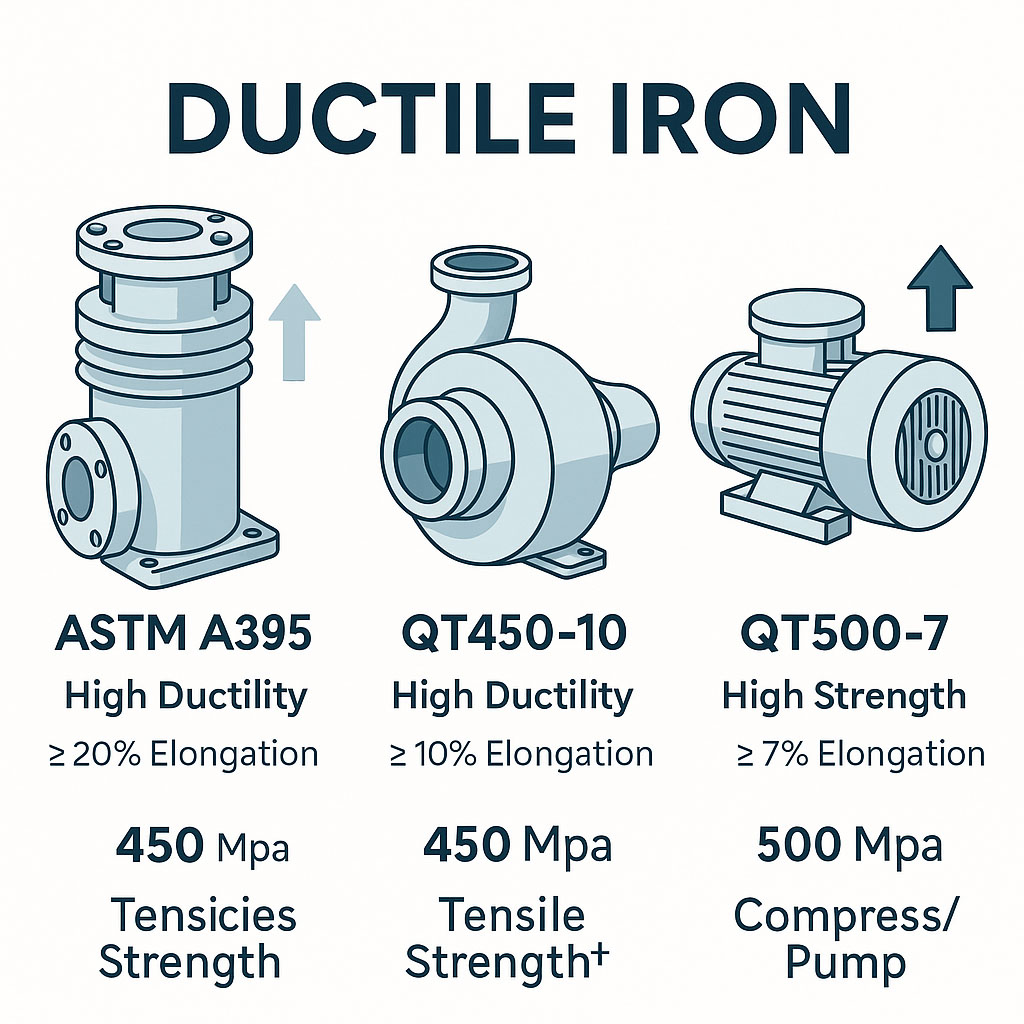






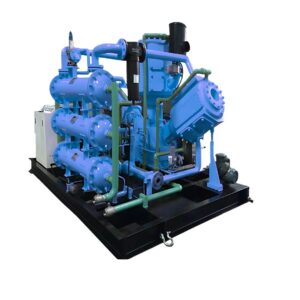
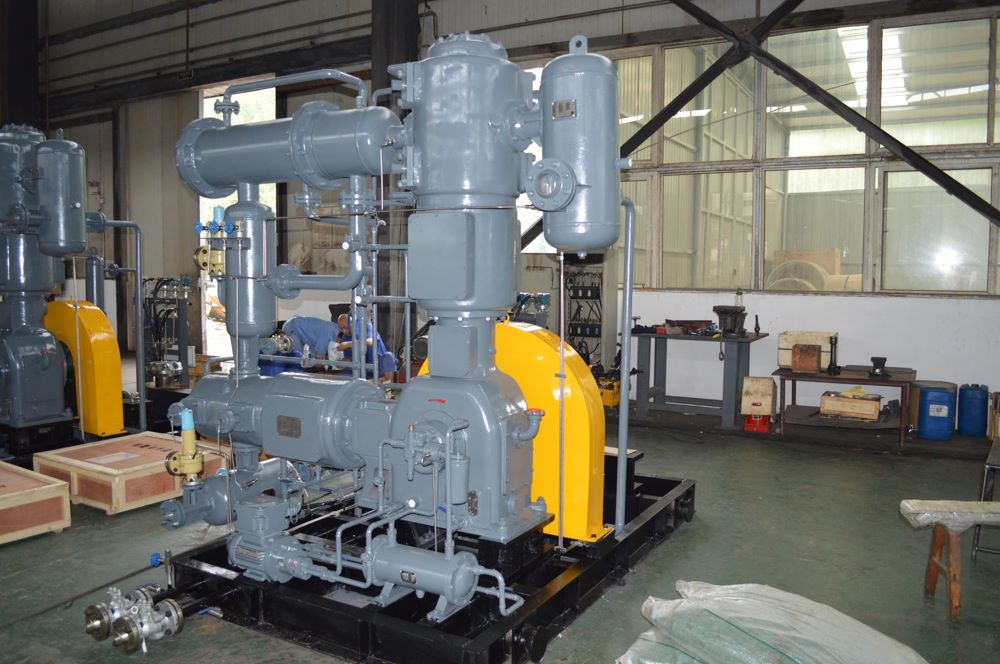 2. Engineered for Extreme Pressure
2. Engineered for Extreme Pressure